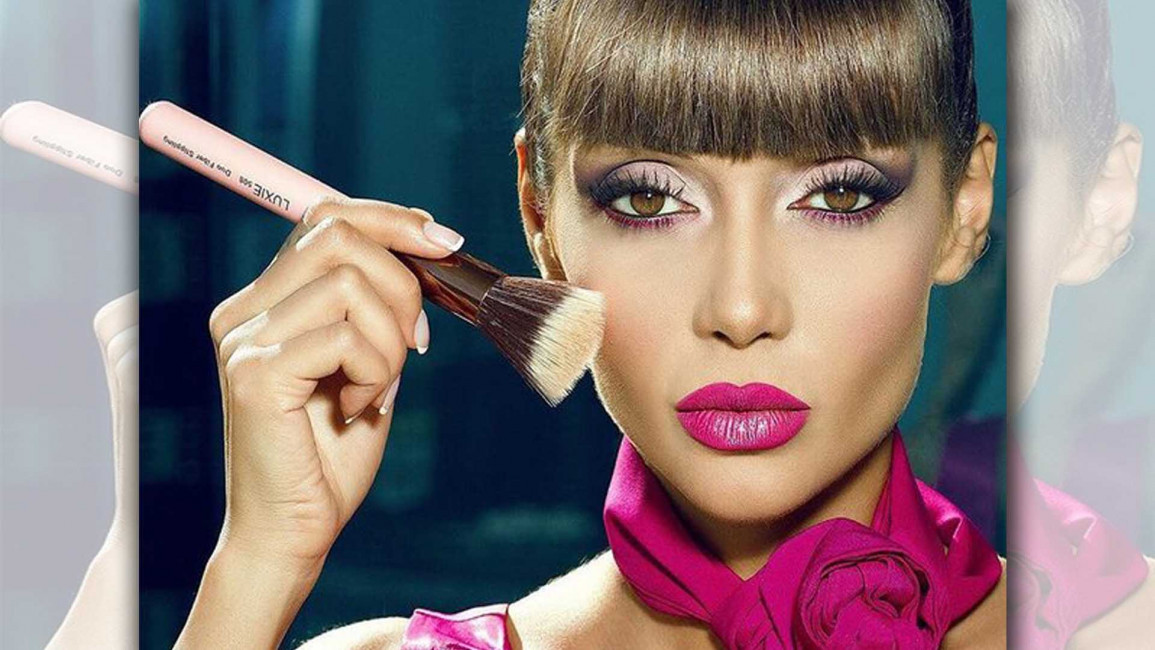
Crimes against Instagram? Iranian sting operation targets 'immoral' models
Iranian authorities have exposed their growing fears about free expression on social media by arresting eight Instagram models for the "crimes" of posing without veils.
The arrests were made this week under a two-year-old sting operation - ridiculously code named "Spider II" - which has gone after models posted pictures without wearing the mandatary hijab.
"Spider II" has identified 170 people running "un-Islamic" Instagram pages – 59 photographers and make-up artists, 58 models, 51 fashion salon managers and designers, and two active institutions.
Twitter Post
|
State television broadcasted a live "educational court session" on Sunday, where model Elham Arab admitted to her "Instagram crimes".
"All people love beauty and fame," Arab said.
"They would like to be seen, but it is important to know what price they will pay to be seen," she added.
Judge Javad Babaei said during the session that the "modelling circle" had been "spreading immoral and un-Islamic culture and Western promiscuity."
Babaei said it was the judiciary's duty to "confront those who committed these crimes in an organised manner".
Iran has blocked access to Facebook, Twitter and YouTube but millions of Iranians have easily got around the ban by using VPNs and proxy services. However, highly-popular Instagram has remained accessible.
It is law that Iranian women must cover their hear, but many have recently - especially in the capital, Tehran - worn the hijab loosely on their head, drawing anger from conservatives.
Tehran police announced in April they had deployed 7,000 male and female officers for a new plainclothes division to enforce the government-mandated Islamic dress code.
The "Instagram crime" comes as a cleric in Saudi Arabia ruled that Snapchat's filters were "forbidden" and urged his followers to refrain from "tampering with the image of the human face and the creation of God just to make people laugh".
Maybe it's the right time for Snapchat to come out with a hijab selfie filter?
What are your thoughts? Join the conversation by tweeting us @The_NewArab




